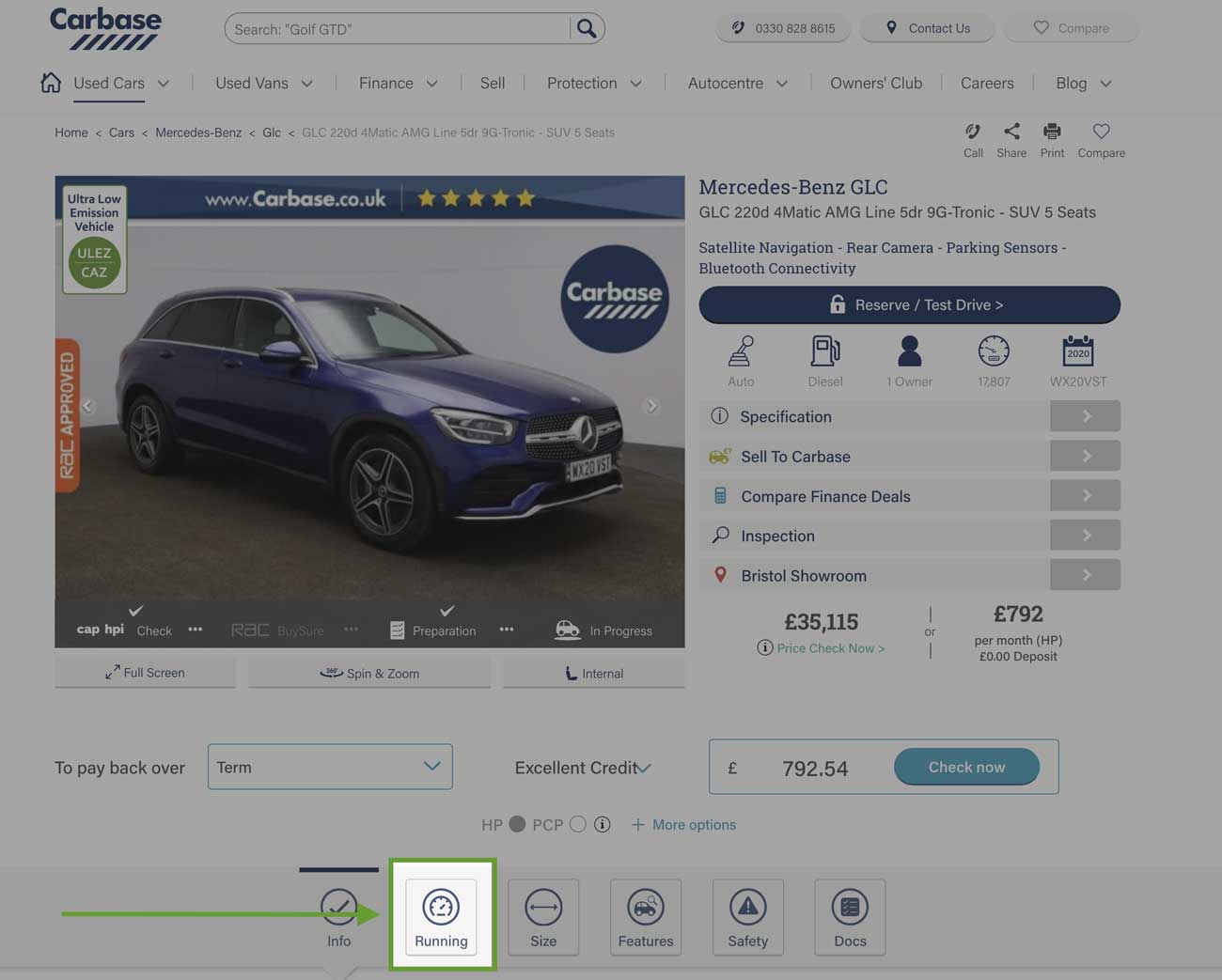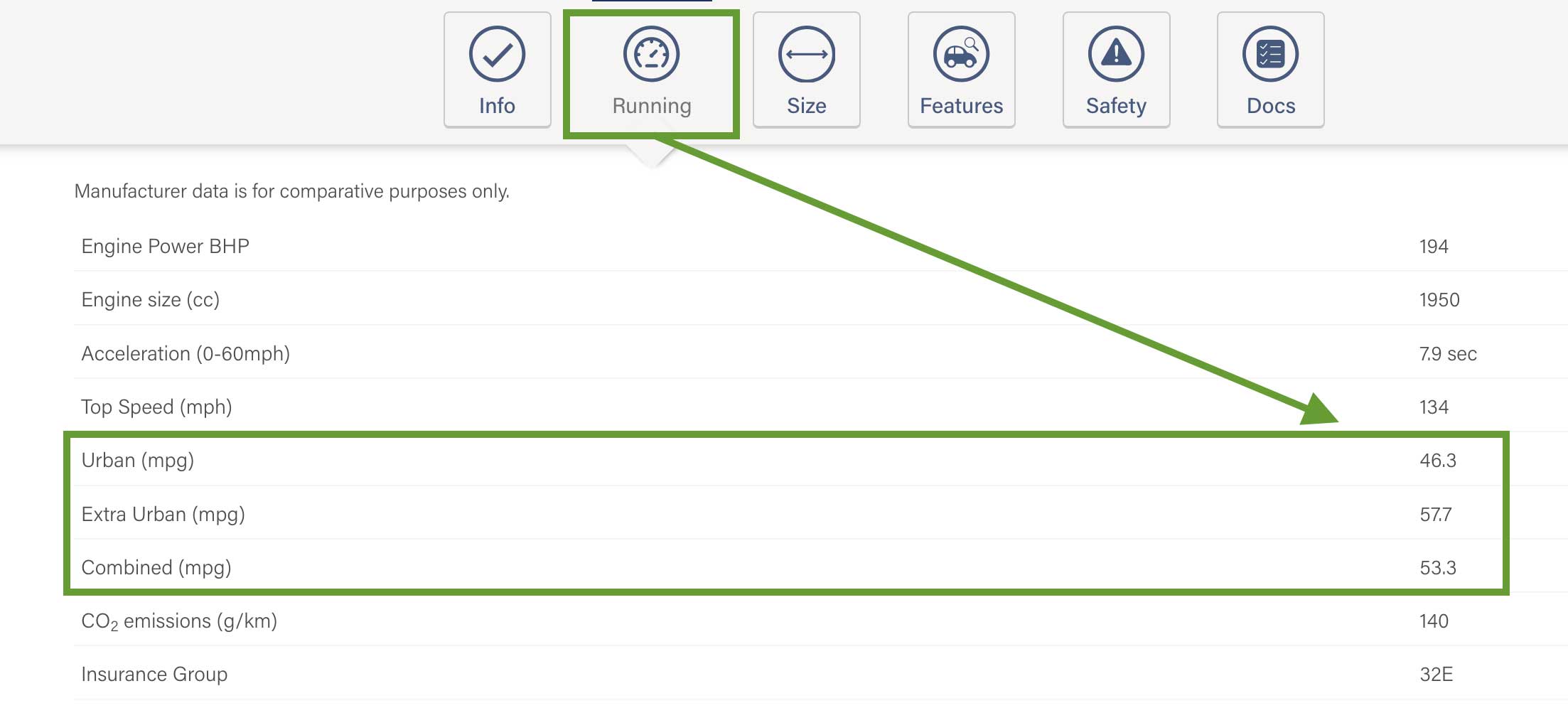MPG, or miles per gallon, is a measure of the fuel efficiency of a vehicle. It tells us how many miles a car can travel on a single gallon of fuel. Fuel efficiency is important because it affects both the cost of operating a vehicle and the impact it has on the environment. Several factors can affect the MPG of a vehicle and knowing these can help you improve the fuel efficiency of your own car.

What are the benefits of having high MPG?
High MPG vehicles use less fuel to cover the same distance as low MPG vehicles, and this has two immediate advantages: firstly, it's cheaper to run a high MPG vehicle as you have to pay for less fuel.
Secondly, using less fuel means a smaller carbon footprint. When a vehicle has better fuel efficiency, it emits fewer greenhouse gas emissions per mile travelled, thus reducing air pollution.
What can affect MPG and how can I improve my car's fuel efficiency?
Several factors can affect the MPG of a vehicle, the most significant of these are:
- Driving habits
- Vehicle condition
- Vehicle weight
- Vehicle aerodynamics
- Environmental factors

One of the most significant factors that affect MPG is driving habits. Aggressive driving, frequent acceleration and braking, and speeding can reduce fuel efficiency, while smooth, steady driving can improve it. Using cruise control when possible, anticipating traffic to maintain a steady speed, and avoiding idling are all ways to improve fuel efficiency through efficient driving habits.
Vehicle maintenance is another important factor in fuel efficiency. Regular maintenance, such as changing the oil, air filter, and spark plugs, can help improve fuel efficiency. Ensuring that tyres are properly inflated, having the vehicle aligned and tuned up regularly, and using the recommended grade of motor oil can also help improve MPG.
The weight of a vehicle can also affect its fuel efficiency. A heavier vehicle requires more fuel to move, which can result in lower MPG. Removing unnecessary items from the vehicle, such as roof racks or heavy equipment, and only carrying what is needed for the trip can improve fuel efficiency.

The aerodynamics of a vehicle also has a bearing on its fuel efficiency. Cars with sleek designs and low drag coefficients are typically more fuel-efficient. Keeping windows and sunroofs closed while driving and removing any external accessories that increase drag, such as roof racks or spoilers, can help improve MPG.
Environmental factors, such as temperature, wind, and terrain, can also impact fuel efficiency. Driving on hilly or mountainous terrain, in strong headwinds, or in extreme temperatures can decrease MPG. Planning your route to avoid these factors whenever possible can help improve fuel efficiency.
Improving MPG is not only beneficial for saving money on fuel costs but also for reducing the environmental impact of driving. By implementing these tips, we can all do our part to drive in a more fuel-efficient way and reduce our carbon footprint.
If you're thinking about upgrading your old car to one with a higher MPG, you can easily check any of our vehicle MPG stats by clicking the 'Running' information button below the vehicle's main image.

Scroll down and you can see the urban, extra urban, and combined MPG for the vehicle you are viewing.
 ?
?
What does Urban, Extra Urban, or Combined MPG mean?
Urban, extra-urban, and combined MPG refer to different driving conditions that affect a vehicle's fuel consumption.
Urban MPG measures the fuel efficiency of a vehicle in city driving conditions, where there is a lot of stop-and-go traffic, frequent idling, and lower speeds. Urban driving typically involves more braking and accelerating, which can reduce fuel efficiency.
Extra-Urban MPG measures the fuel efficiency of a vehicle on more open roads such as A roads and motorways. Extra-urban driving involves higher speeds and less stop-and-go traffic, which can improve fuel efficiency.
Combined MPG is an average of both urban and extra-urban driving conditions. It is the most commonly used measurement to compare the fuel efficiency of different vehicles, as it gives an overall picture of how efficient a vehicle is under different driving conditions.

